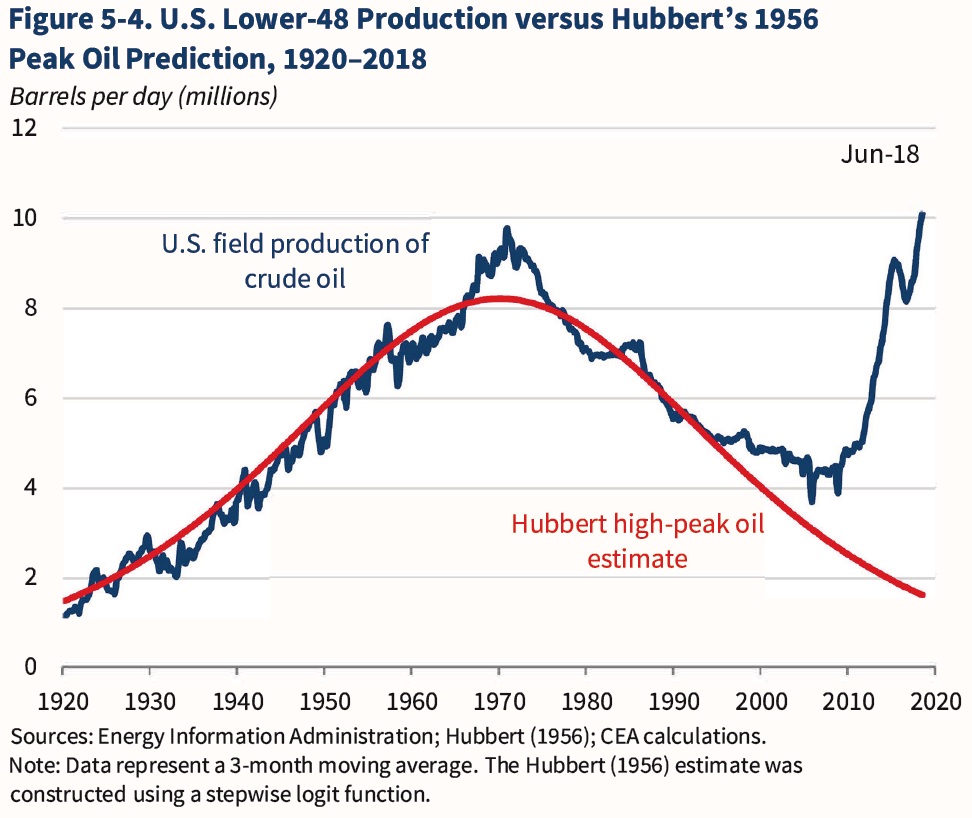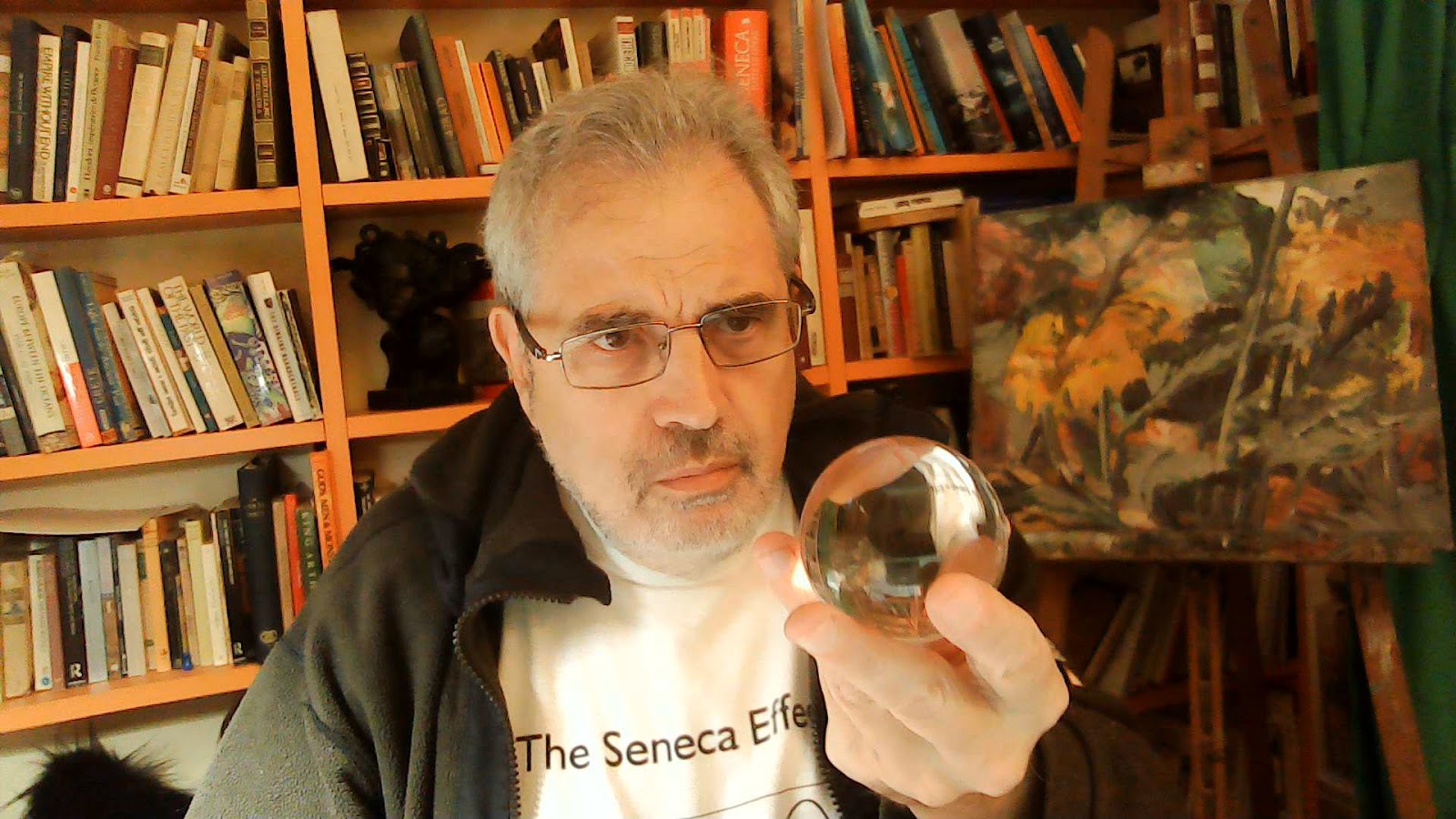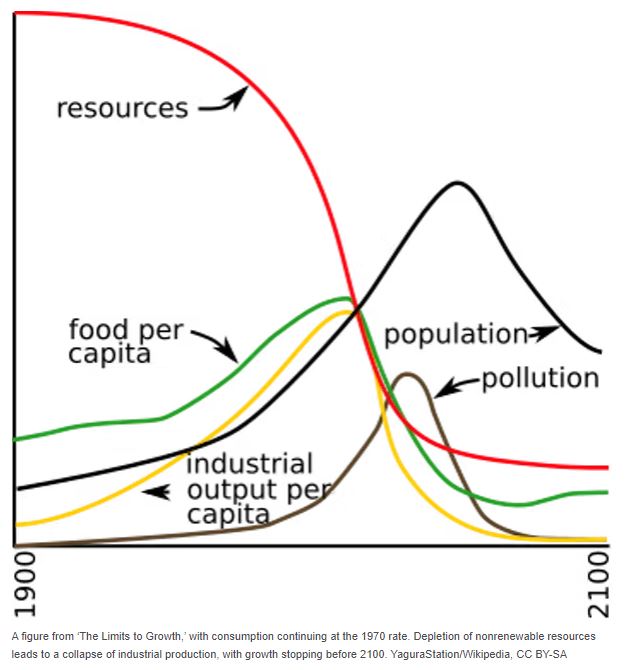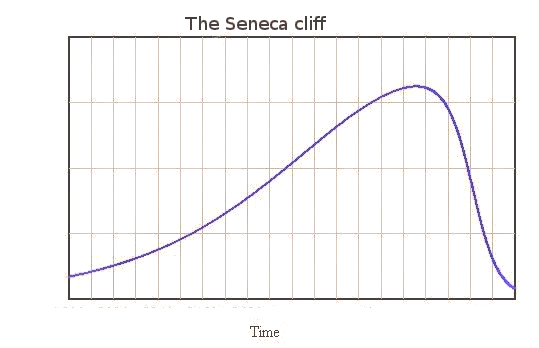
Those Pesky Savanna Monkeys and Their Dreams of Golden Hydrogen
Lire la suite... Read more... Lesen Sie mehr... Leggi tutto... Leer más... Lees meer...

Lire la suite... Read more... Lesen Sie mehr... Leggi tutto... Leer más... Lees meer...

Why would people trust the Pithoness of the Oracle of Delphi? For us, it looks like a naive or silly idea, but the ancient were neither naive nor silly. They understood that oracles were sophisticated information management systems, very advanced for their times. Today, we have something similar with the new, AI-based, oracles. But the consequences on our way to see the world are all to be seen.
Lire la suite... Read more... Lesen Sie mehr... Leggi tutto... Leer más... Lees meer...

The Aramis project was an attempt to create a sort of "micro-metro" system designed for rapid urban transportation in Paris. The cars of the Aramis system were supposed to be independent of each other and to connect and disconnect on demand to take passengers to their specific destinations. In this way, the system was supposed to replace personal cars. Starting in 1969, it failed after 17 years of attempts. Seen in retrospect, it couldn't have worked for the reason that dooms most new technologies: cost. The Aramis line started from a correct evaluation of the need to electrify the suburban transportation system, but it was doomed by the choice of an inflexible and expensive rail system. Among other things, it needed to use a dangerous "third rail" carrying a voltage of 800 V. That required the tracks to be off-limits for pedestrians, and a series of security systems that further increased the cost of the system. Today, of course, it is possible to reconsider the whole system by using more flexible battery-powered vehicles that can run on ordinary roads. We are indeed moving toward the system called TAAS (transportation as a service) that will make the current oversized cars as obsolete as steam locomotives. Unfortunately, both the industry and the public are fixed on the traditional dinosaurs on wheels (as I discussed in a recent post of mine) and the transition will take time. But never despair. The universe has ways of forcing people to learn things they don't like to learn.
Below, I reproduce a text by Bruno Grippay that takes a long-range view, starting with a discussion on Gaia and on Earth's climate, but that's just an introduction to the story of the Aramis system. (U.B.)
Lire la suite... Read more... Lesen Sie mehr... Leggi tutto... Leer más... Lees meer...

Private cars are inefficient and expensive, likely to be the first to suffer from the coming resource crisis. Recent data indicate a crisis in the car market developing right now: prices are growing, while fewer and fewer people can afford cars. Are we going to see the end of cars as we know them (TEOCAWKT)?
Lire la suite... Read more... Lesen Sie mehr... Leggi tutto... Leer más... Lees meer...

I defined this image as "The most amazing graph of the 21st century," and I argued that the rapid inversion of the declining trend of crude oil production is the cause of the US government's currently aggressive foreign policy. But the vagaries of oil production in the US haven't ceased to amaze us. We are now seeing a desperate attempt to keep oil production growing, even at the cost of dumping everything done so far in terms of "green" policies to mitigate climate change and ecosystem disruption. It is a major historical change.
Lire la suite... Read more... Lesen Sie mehr... Leggi tutto... Leer más... Lees meer...

Scientific, "peer-reviewed" journals are rapidly becoming a major stumbling block to scientific innovation. Here, I tell the story of one of these journals that I myself helped create. From this, I argue that the loose network that science used to be (an excellent example of a "social holobiont") has degenerated into a rigid, hierarchical structure that allows no changes and no innovations. And of what use is science if it doesn't innovate anymore?
Lire la suite... Read more... Lesen Sie mehr... Leggi tutto... Leer más... Lees meer...

Shadowy organizations said to be engaged in world domination are often depicted as worshiping evil deities. The image above shows a group of Templar Knights adoring a statue of the demon Baphomet. It looks silly, but if you are serious about world domination, you should consider Baphomet -- or some equivalent evil deity -- as a patron of your organization. Here, I explain why.
Lire la suite... Read more... Lesen Sie mehr... Leggi tutto... Leer más... Lees meer...

You, Reginald, three times traitor you: Traitor to me as my temporal vassal, Traitor to me as your spiritual lord, Traitor to God in desecrating His Church. (T.S. Eliot, "Murder in the Cathedral")
Lire la suite... Read more... Lesen Sie mehr... Leggi tutto... Leer más... Lees meer...

Bill Gates has been accused of having publicly declared (*) his intention to exterminate billions of people in order to reduce overpopulation. It is not true; Gates never said anything like that. Unfortunately, though, that doesn't mean we can rule out that some powerful elites are actually planning mass exterminations. It has already happened in the past, there is no reason to think that it won't happen again. The problem is not with overpopulation itself, but with the concept of "utilitarianism" that empowers the elites to take action without being bound to moral principles. We saw it happening with the Covid pandemic. We must rethink our implicit assumptions if we want to avoid even worse disasters in the future.
Lire la suite... Read more... Lesen Sie mehr... Leggi tutto... Leer más... Lees meer...

Image: Earth against UFOs (1956)
A typical science fiction trope is that when the aliens invade Earth, they do so in secret, capturing the minds of single earthlings rather than coming in with bombing raids. The task of the hero, then, is to convince the authorities that Earth is under attack before it is too late. Something similar may be happening with the war in Ukraine. Europeans, just like most Western citizens, still don't seem to understand what's going on, but the idea that it is a war directed against Western Europe is slowly gaining traction in the memesphere. It has not yet reached the mainstream discourse, and it probably never will. But some ideas don't need to be shared by 51% of the people to start having an effect on politics. The message that Europe is being crushed by its supposed allies and its own government may eventually reach the "critical mass" needed to be heard and acted upon. I have already discussed this subject in some of my recent posts, "What is the next thing that will hit us" and others. Here is Noah Carl's recent take on his blog, published with his kind permission. His conclusion is that:
"geopolitical developments since the start of Russia’s invasion certainly look convenient from the perspective of US hawks: Russia’s military has been severely weakened; Nord Stream 2 has been sanctioned and sabotaged; US LNG exports to Europe have surged; European companies have started relocating to America; and the NATO alliance is stronger than ever.
US hawks 1; everyone else 0."
Lire la suite... Read more... Lesen Sie mehr... Leggi tutto... Leer más... Lees meer...

The article below is an attempt to propose (once more) to the general public the main results of "The Limits to Growth" study of 1972. It is a brief text that appeared in a major Italian newspaper (Il Fatto Quotidiano) on Dec 30, 2022. The limits of length of these articles are, typically, under 800 words, so I had to be extremely synthetic (for an in-depth assessment, see our recent book, "Limits and Beyond"). Mainly, I was curious to see how people would react to my rather blunt statements.
One good thing about "Il Fatto" is that there is no censorship on comments (except for extreme cases) and so people are free to express themselves as they like, including insulting the authors of the articles ("Liar!" "Idiot!" "Snake Oil Seller!"). As I said in a previous post, I listen to everyone and I trust no one. So, even the most rabid and insulting comments are a chance to grok something. For this article, as for many others on "Il Fatto," I received personal attacks because I am too catastrophistic, and also because I am not catastrophistic enough. Some comments are nearly completely incomprehensible and, as usual, people tend to take refuge in impossible nuclear dreams. But I received also a few comments from people who seem to have understood how things stand. We'll see how the debate evolves, for the time being, I am reporting a few translated comments after the main text.
Happy new year, everybody!
Lire la suite... Read more... Lesen Sie mehr... Leggi tutto... Leer más... Lees meer...

"It would be some consolation for the feebleness of our selves and our works if all things should perish as slowly as they come into being; but as it is, increases are of sluggish growth, but the way to ruin is rapid." Lucius Anneaus Seneca, Letters to Lucilius, n. 91
Lire la suite... Read more... Lesen Sie mehr... Leggi tutto... Leer más... Lees meer...